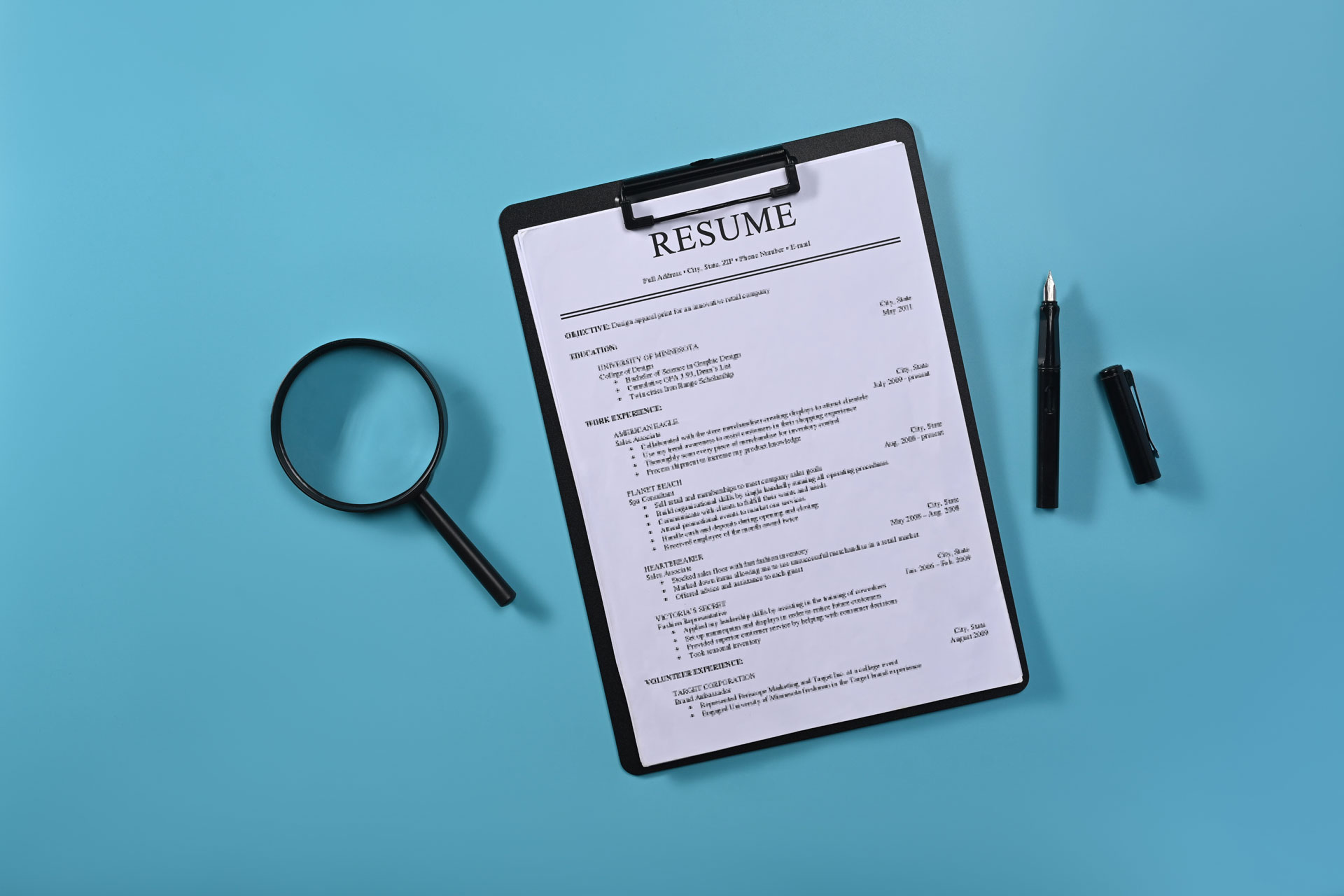Jobseeking: Preperation
The CV
The resume (or CV, or curriculum vitae) is a document that includes all our professional and educational activity. It is essential because all the potential employers will ask for it, so it’s necessary to have one before job seeking!
The CV needs to be in digital format (world, pdf) to be sent via e-mail or to be uploaded at job opening form on the internet. Printed copies of CV are necessary when we meet an employer or have a job interview.
Think of your CV as your professional identity and advertisement to future employers, so it should be attractive. Add in the CV skills, hobbies, and professional achievements (for example a scholarship, achievement or award).

To create your own CV, you can use the ready-made resume forms available here (CV1, CV2, CV3), and simply fill them with your personal details! You can also create your CV here choosing your preferable language.
A job counselor at an NGO or a professional in your organization can help you build your CV. Always remember to update your resume every time you acquire a new educational qualification or professional experience. For more information and tips on CV’s creation please click here.
The Cover Letter
Applying for a job may require a cover letter (or motivation letter) along with the CV. The cover letter is a document of about one page that aims to explain to the recruiter:
- Why you are the ideal candidate for the job you are applying for
- What is your motivations and your expectations from this job. You can mention also what you can offer through your role in the company.
Cover letter examples are a good source of inspiration for creating your own.

There are many sample cover letters on the Internet. Here you can see what a good cover letter should include and here is a detailed example of a cover letter. To create your own cover letter, you may use these cover letter forms (CL1, CL2, CL3)
Extra Tips
A good Cover letter matches your skills and experience to those requested in the job advertisement. Carefully read the role description, the duties of the position and the necessary qualifications requested.
Use keywords. A useful way to tailor your letter to the specific job you want to apply, is to use keywords you notice in the job advertisement. Underline words from the job ad that seem to be significant, such as specific skills or qualifications, and use them in your letter. This way, the employer can see that your profile matches the job requirements.
Before sending it, check for any spelling or grammatical errors. Ask a professional or career counselor to proofread it before submitting.
The job interview
A job interview is a professional conversation with an employer who has contacted you and is interested in understanding if you are suitable for the job you have applied for. It can be on a friendly level, or more formal level depending on the company and the working role.
The interview includes questions about your experience and skills, your personality, and your ability to handle situations that may arise on the job. That is why it is good to have prepared before your interview to have more possibilities to get the job.
In this video you can get an idea of how a job interview looks like

You may also use the tips here, to prepare for your own interview.

